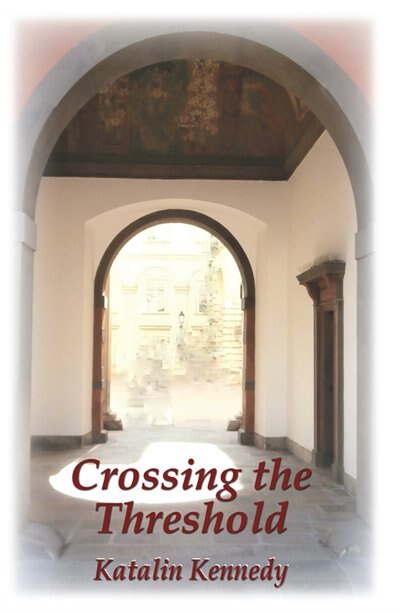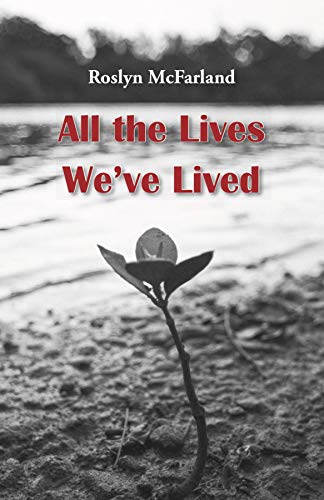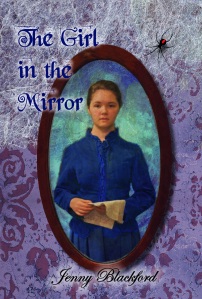 Oli’s rebirth is rooted in connection, where she feels herself a part of the ocean; a part of the Earth, and connected to the other women with her. It’s an antidote to violence and the kind of toxic masculinity that is destroying our species. Below Deck is a rich, powerful, and wonderful novel full of exquisite writing, important themes, and powerfully realised textures.
Oli’s rebirth is rooted in connection, where she feels herself a part of the ocean; a part of the Earth, and connected to the other women with her. It’s an antidote to violence and the kind of toxic masculinity that is destroying our species. Below Deck is a rich, powerful, and wonderful novel full of exquisite writing, important themes, and powerfully realised textures.
Category: Literary Fiction Reviews
A review of The Deceptions by Suzanne Leal
 Suzanne Leal, an Australian novelist and lawyer, has contributed a powerful novel to this large body of Holocaust literature. It is based on a true story she learned from her former Czech, Jewish landlords, who were also Holocaust survivors.
Suzanne Leal, an Australian novelist and lawyer, has contributed a powerful novel to this large body of Holocaust literature. It is based on a true story she learned from her former Czech, Jewish landlords, who were also Holocaust survivors.
A review of Clockwork Prince by Cassandra Clare
This proceeding novel delves deeper into characters – old and new. Clockwork Prince left me shocked with tears in my eyes, the ending was incredible and whilst reading this book I lost track of everything around me, I was truly engrossed in the story, the characters, the world and time period.
A review of Two Californias by Robert Glick
 In the midst of narratives preoccupied with decay and disease, Glick’s language is vibrant, even magical, and often humorous in its treatment of youthful yearning and cynicism. The author flexes a talent for poetic prose especially in “Mermaid Anatomy,” which is narrated by a young man on vacation from Holland who plays hide-and-seek with a girl he meets at his hostel.
In the midst of narratives preoccupied with decay and disease, Glick’s language is vibrant, even magical, and often humorous in its treatment of youthful yearning and cynicism. The author flexes a talent for poetic prose especially in “Mermaid Anatomy,” which is narrated by a young man on vacation from Holland who plays hide-and-seek with a girl he meets at his hostel.
A review of What Shines from It by Sara Rauch
 The theme of wounds in this collection relates principally to issues and disappointments regarding reproduction. Seven of the eleven stories in the collection have to do with infertility, wanted and unwanted pregnancies, life with small children and the hard decisions parents must make. Readers who have these concerns will find What Shines from It particularly meaningful.
The theme of wounds in this collection relates principally to issues and disappointments regarding reproduction. Seven of the eleven stories in the collection have to do with infertility, wanted and unwanted pregnancies, life with small children and the hard decisions parents must make. Readers who have these concerns will find What Shines from It particularly meaningful.
A review of Crossing the Threshold by Katalin Kennedy
 To write a novel so replete with historical and geographic information requires both research ability and personal experience. Author Katalin Kennedy, a graduate of Carleton University in Ottawa, is a Canadian of Hungarian background who took many coach tours with her husband over a forty year period, seeing much of Britain and continental Europe.
To write a novel so replete with historical and geographic information requires both research ability and personal experience. Author Katalin Kennedy, a graduate of Carleton University in Ottawa, is a Canadian of Hungarian background who took many coach tours with her husband over a forty year period, seeing much of Britain and continental Europe.
A review of The Persecuted by Krishna Mohana Banerjea
 Paromita Sengupta’s “Editorial Notes on the Text” as well as “Bibliography” help us understand the text better and stir our desire to know the life and times of the protagonist, Bany Lall, and like-minded youths thoroughly. It is a must read for every Bengalee, nay Indian, who would love to trace the history of the times, seemingly past and lost in the abyss of time.
Paromita Sengupta’s “Editorial Notes on the Text” as well as “Bibliography” help us understand the text better and stir our desire to know the life and times of the protagonist, Bany Lall, and like-minded youths thoroughly. It is a must read for every Bengalee, nay Indian, who would love to trace the history of the times, seemingly past and lost in the abyss of time.
A review of All the Lives We’ve Lived by Roslyn McFarland
 Kate’s trajectory is one of discomfort and discovery as she unearths, and then rewrites her history and the history of Salt Pan Creek, facing the wrongs she and her people, including her own parents, have done, and attempting to right them. McFarland does a beautiful job of pulling history, fiction, multiple love stories and trauma together into a coherent narrative that is powerful.
Kate’s trajectory is one of discomfort and discovery as she unearths, and then rewrites her history and the history of Salt Pan Creek, facing the wrongs she and her people, including her own parents, have done, and attempting to right them. McFarland does a beautiful job of pulling history, fiction, multiple love stories and trauma together into a coherent narrative that is powerful.
A review of The Weekend by Charlotte Wood
 The Weekend is about so many things: preconceptions, societal norms, continuity and difference, about the self and about relationships, but most particularly about friendship and what it means to be both separate individuals in this world throughout life changes, and also the ways in which we are implicitly connected and collective.
The Weekend is about so many things: preconceptions, societal norms, continuity and difference, about the self and about relationships, but most particularly about friendship and what it means to be both separate individuals in this world throughout life changes, and also the ways in which we are implicitly connected and collective.
A review of The Girl in the Mirror by Jenny Blackford
 Blackford’s prose is silky smooth and the book reads quickly, driven by its fantasy narrative and the way in which historical detail is covered. Though the story has paranormal overtones, shifting as it does between the two timeframes, and the shapeshifting villain and ghosts that move between the worlds, The Girl in the Mirror is relevant to a 21st century reader.
Blackford’s prose is silky smooth and the book reads quickly, driven by its fantasy narrative and the way in which historical detail is covered. Though the story has paranormal overtones, shifting as it does between the two timeframes, and the shapeshifting villain and ghosts that move between the worlds, The Girl in the Mirror is relevant to a 21st century reader.